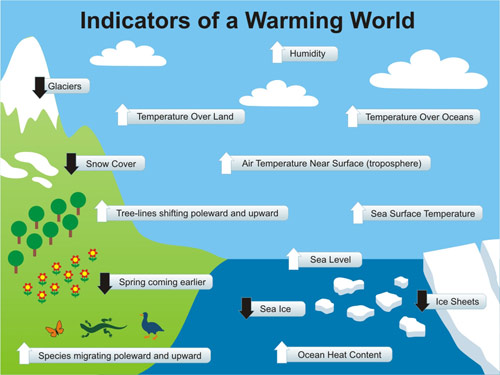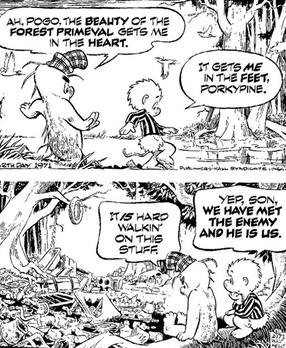Health expert Peter Hotez warns of a third COVID-19 wave, says a vaccine likely won't come for another year
"Health expert Peter Hotez warns of a third COVID-19 wave, says a vaccine likely won't come for another year" was first published by The Texas Tribune, a nonprofit, nonpartisan media organization that informs Texans — and engages with them — about public policy, politics, government and statewide issues.
Vaccine expert Dr. Peter Hotez warned Texas could face another potentially deadly spike in COVID-19 cases and said an immunization for the novel coronavirus likely won’t be widely available for another year during a conversation on Thursday at the 2020 Texas Tribune Festival.
Hotez, dean at the National School of Tropical Medicine at Baylor College of Medicine, criticized the White House’s lack of a coordinated response to the coronavirus, pointing to a drastic surge in cases in Texas, Georgia and Florida this summer.
“If we had had that leadership that had put in place a national campaign strategy to prevent the resurgence of COVID-19, we never would’ve been there,” he said.
At its peak in July, Texas logged more than 10,000 new cases of COVID-19 per day. Hospitals neared capacity, and open beds in intensive care units were sparse.
Now, new hospitalizations have fallen and the state is reporting about 3,500 new cases per day. But Hotez predicts another surge in Texas and across the nation this fall as students return to schools and colleges, and states loosen restrictions on businesses.
“We could have a resurgence — a third peak — that’s potentially worse than the one we just went through,” he said.
Even as Texans face yet another wave of the coronavirus, Hotez said a vaccine likely will not be widely available until the third quarter of 2021. Three U.S. companies are currently in the third phase of clinical trials and are expected to have enough data to determine efficacy by the end of the year.
Hotez warned communication between drug companies and the public is vital to a successful rollout, particularly amid growing public distrust of a potential vaccine. President Donald Trump has said he expects a vaccine to be ready before Nov. 3 — a claim widely disputed by scientists. A recent Axios-Ipsos poll found that 6 in 10 Americans say they would not take a COVID-19 vaccine as soon as it is available.
“We’re going to need an unprecedented level of communication which we don’t have right now, unfortunately,” Hotez said.
He said he has a “high level of confidence” in the science of the vaccine, but worries public misconceptions could derail the process.
This article originally appeared in The Texas Tribune at https://www.texastribune.org/2020/09/24/peter-hotez-coronavirus/.
The Texas Tribune is proud to celebrate 10 years of exceptional journalism for an exceptional state. Explore the next 10 years with us.



